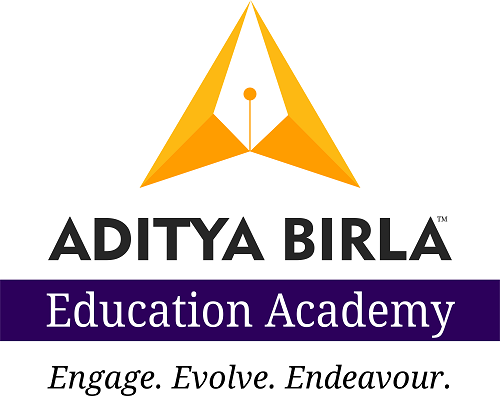For that dream to turn into reality, however, our system needs a quantum shift towards the modern, thinking-oriented global processes of education. And this is where India’s teachers and educators have the most crucial role to play.
Outdated Learning Methods
Traditionally, India’s education system has laid excessive emphasis on rote learning and results. Students are conditioned from early on to strictly follow the syllabus, mug up their subjects and concentrate on procuring maximum marks in their exams. Often, all that cramming is promptly forgotten once the exams are over. Somehow, this has resulted in a crazy rat race where even students with 90 percent marks struggle to get into a college or stream of their choice.
The mindset of teachers has also unfortunately been: know your subject, follow the curriculum and prepare the students for their exams.
Rapid Changes
Times are changing, however. The power of the internet and the social media is uniting mindsets and standardizing processes like never before.
In line with the rapid changes in global educational trends, our education system needs a radical revolution as well. First of all, we need teachers equipped with the cutting-edge knowledge and innovative tools of the 21st-century education.
And through this education, our knowledge-giving process needs to start nurturing creativity, innovation and entrepreneurship that can help society evolve as a whole.
Understand Strengths And Weakness
Each student is unique. Some have a penchant for mathematics, some for the arts, and others for languages or public-speaking. Some students learn slowly, others more quickly. Some are naturally gifted while others are hard-work-oriented. And so, if every student is unique, how can there be an assembly line approach to educating them?
Each student needs personalized attention, but since education is a centralized process with regulations, the only option for teachers is to recognize each student’s skill set & mental make-up and tap into them effectively. In fact, teachers actually hold the key to unlocking all the remarkable potential within each student.
Teachers must endeavour to open the minds of their students and stimulate curiosity, by encouraging them to ask questions, even out-of-syllabus ones. Out-of-the-box questions are a sign not only of curiosity but also of insight.
Creativity, research, innovation, application of knowledge to practical uses and the ability to trouble-shoot must be encouraged and rewarded to motivate students and promote their mental growth.
A good teacher not only imparts direct education but also fosters self-learning and interactive-learning. Instead of allowing students to fend for themselves, they must be brought together for study groups and to collaborate on research and design projects. This can help them academically and improve their social skills as well.
Mentorship programs, whereby teachers become mentors to students, are another great tool. The mentees can get counselled by their mentors in regards to decrypting themselves and their goals, form strategies to achieve those goals and receive guidance in overcoming the hurdles that they may face.
Embracing Technology For Learning
Technology is the magic mantra today. To march into a glorious future, India needs a formidable digital infrastructure with penetration to the remotest corners of the country. The Indian education system, too, must go all out to embrace technology and to elevate teachers to becoming well-versed with technology. The world of the internet, online tutorials and even the revolutionary virtual classrooms are exciting ways for students to acquire knowledge. For thousands of years, people have gone to institutions to acquire knowledge. Now, knowledge has been enabled to come to them at the click of a button. Students can now explore the world from the confines of their classrooms or homes and learn from teachers across the world without the need for one-on-one interaction.
A teacher’s job is also to look after each student’s emotional well-being. Children and young adults have fragile eco-systems that are easily afflicted by behavioural, emotional, learning or mental disorders. Our teachers must most definitely be given the requisite skills and emotional intelligence to recognize signs of mental health or emotional issues in their students.
It is time to empower our teachers. We need to enhance their skillsets to global levels. We need to help them become the best knowledge-givers they can be. Passionate knowledge-givers capable of shaping the minds and igniting the imaginations of future generations.
Disclaimer: The views expressed in the article above are those of the authors' and do not necessarily represent or reflect the views of this publishing house. Unless otherwise noted, the author is writing in his/her personal capacity. They are not intended and should not be thought to represent official ideas, attitudes, or policies of any agency or institution.
Article link
Image source-Google







